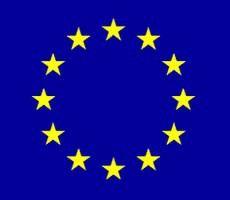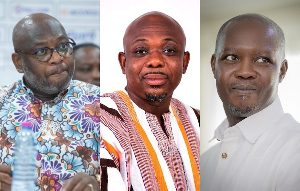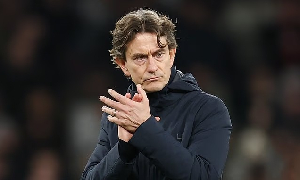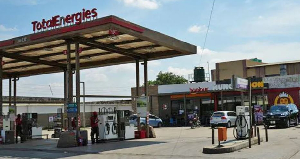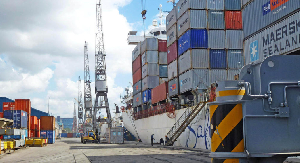The Council of the European Union has reaffirmed its support of 6.5 billion Euros for the Economic Partnership Agreement Development Programme (PAPED) for West Africa for the period 2015-2020.
Ambassador Claude Maerten, Head of the European Union Delegation to Ghana, said the fund would enhance trade and investment flows to West African countries, and contribute to development, sustainable growth and poverty reduction.
Ambassador Maerten, who made the remarks at a press briefing, said the support was necessitated by the Foreign Affairs Council meeting of the European Union in Brussels this month.
He said the PAPED formed an essential element of the Economic Partnership Agreement negotiated with West Africa to provide funding for projects linked to trade, industry, transport and energy infrastructure in the region, as well as support to civil society.
He stressed that the Council viewed fundamental role of regional integration as instrumental in securing peace, stability and sustainable economic development and political commitment in support of aid for trade and to mobilize financial flows.
“The commitment from the European Commission and the EU Member States, demonstrates EU’s continuous support to West Africa’s regional integration, which is the most advanced of the African continent,” he explained.
According to him, the support was in line with the principles and objectives of the EU development cooperation, including promoting diversification and growth in production capacity; development of trade within the region and improved access to internal markets as well as improvement and reinforcement of regional and national infrastructure linked to trade.
The Ambassador said this year, the EU-Africa Summit would prioritize on investing in peace to ensure security for all investors adding that the event, which comprised 28 EU members and 55 African countries, would focus on the theme “Investing in Peace, Prosperity and people”.
The Summit will take place in Brussels in April 2014, to discuss bilateral cooperation and political dialogue between the two continents in promoting shared interests and tackle common regional and global challenges within the Joint Africa-EU Strategy.
Other key topics to be discussed will focus on the environment and climate action, sustainable energy and agriculture, food safety and security, resilience, education, employment, health and migration.
Rear Admiral Jungen Ehle, Chairman of EU Military Committee Working Group said the Council had adopted a strategy on the Gulf of Guinea to support the efforts of the region and its coastal states to address challenges in maritime insecurity and organized crime.
According to him, the EU’s comprehensive approach to West and Central Africa was based on the region’s geo-strategic importance; and its determination to support efforts to overcome poverty and attain stability and prosperity.
Rear Ehle noted that the strategy recognized the need to protect both the populations in the Gulf of Guinea region and European citizens from the threats that emanate from the region including piracy, terrorism, and smuggling of migrants and trafficking of human beings, drugs and arms.
Business News of Friday, 21 March 2014
Source: GNA
EU supports West African trade with 6.5 billion Euros
